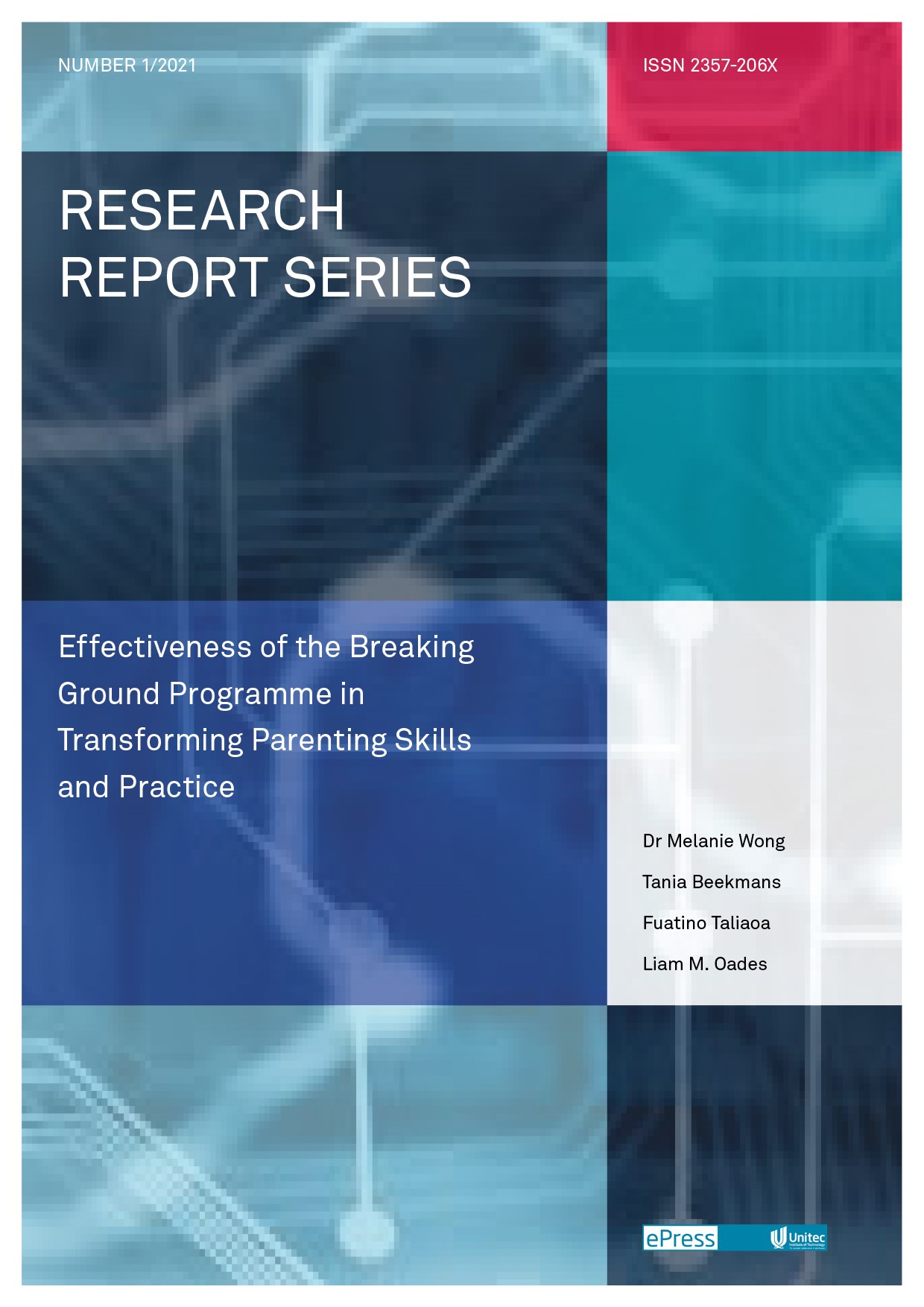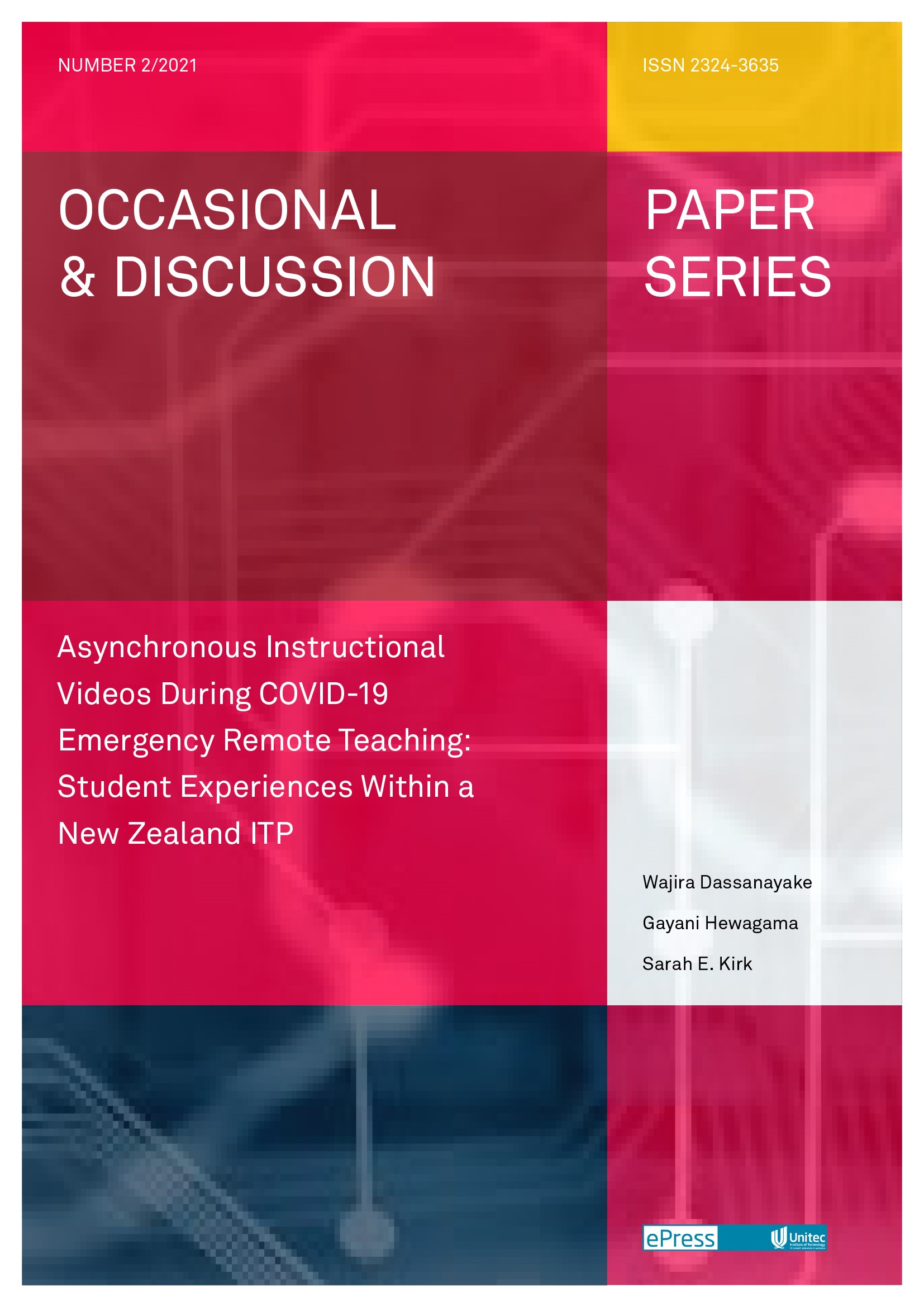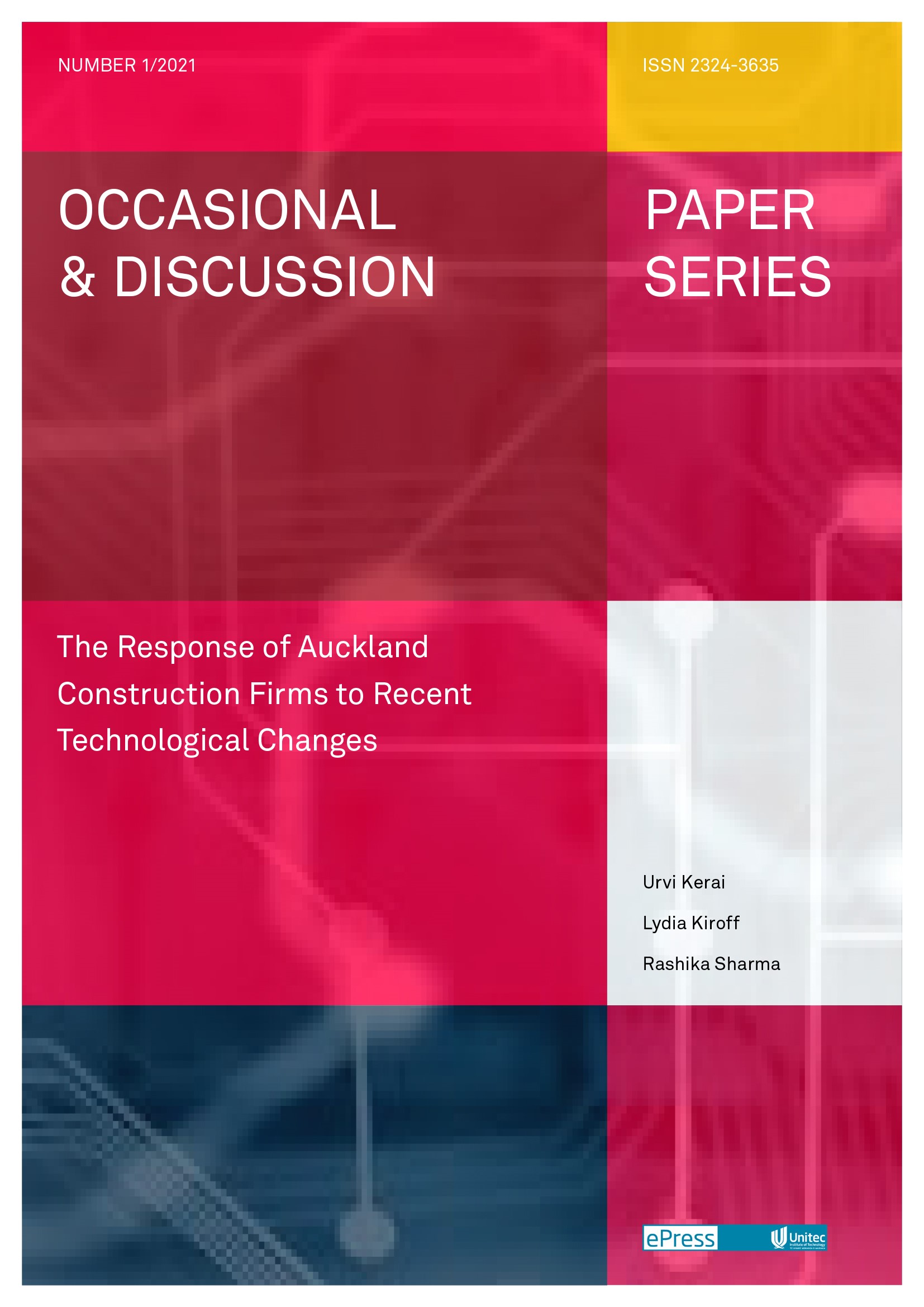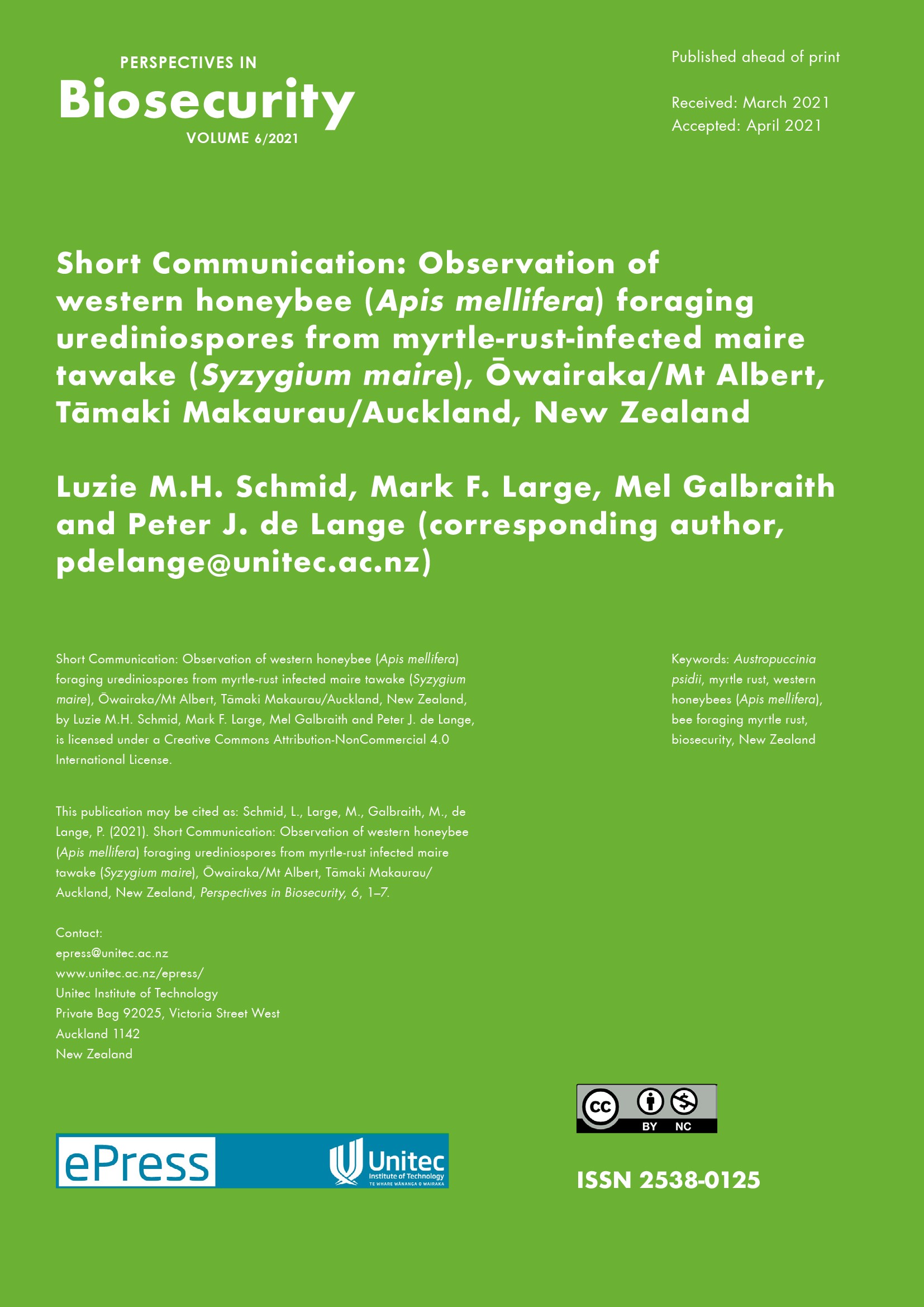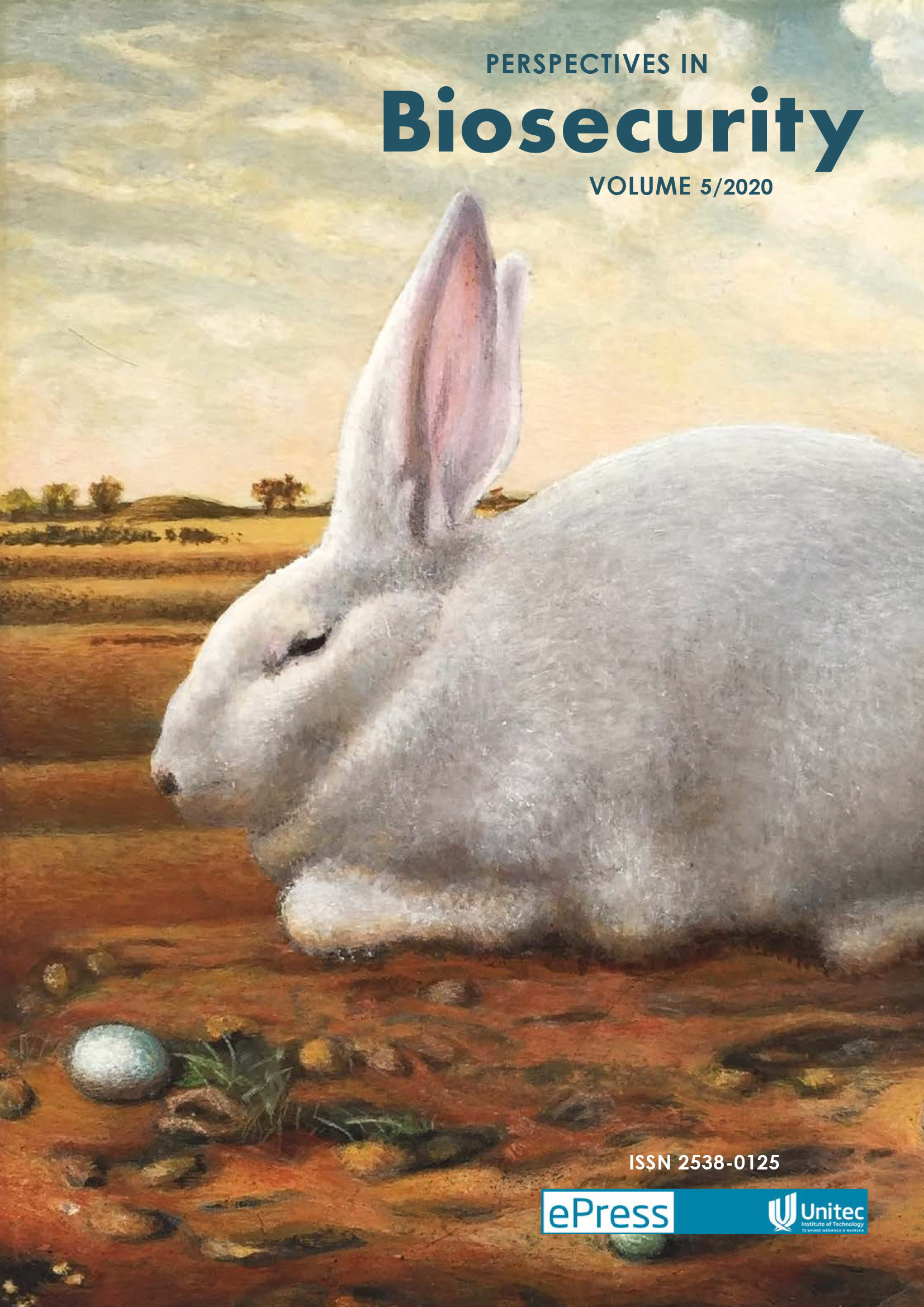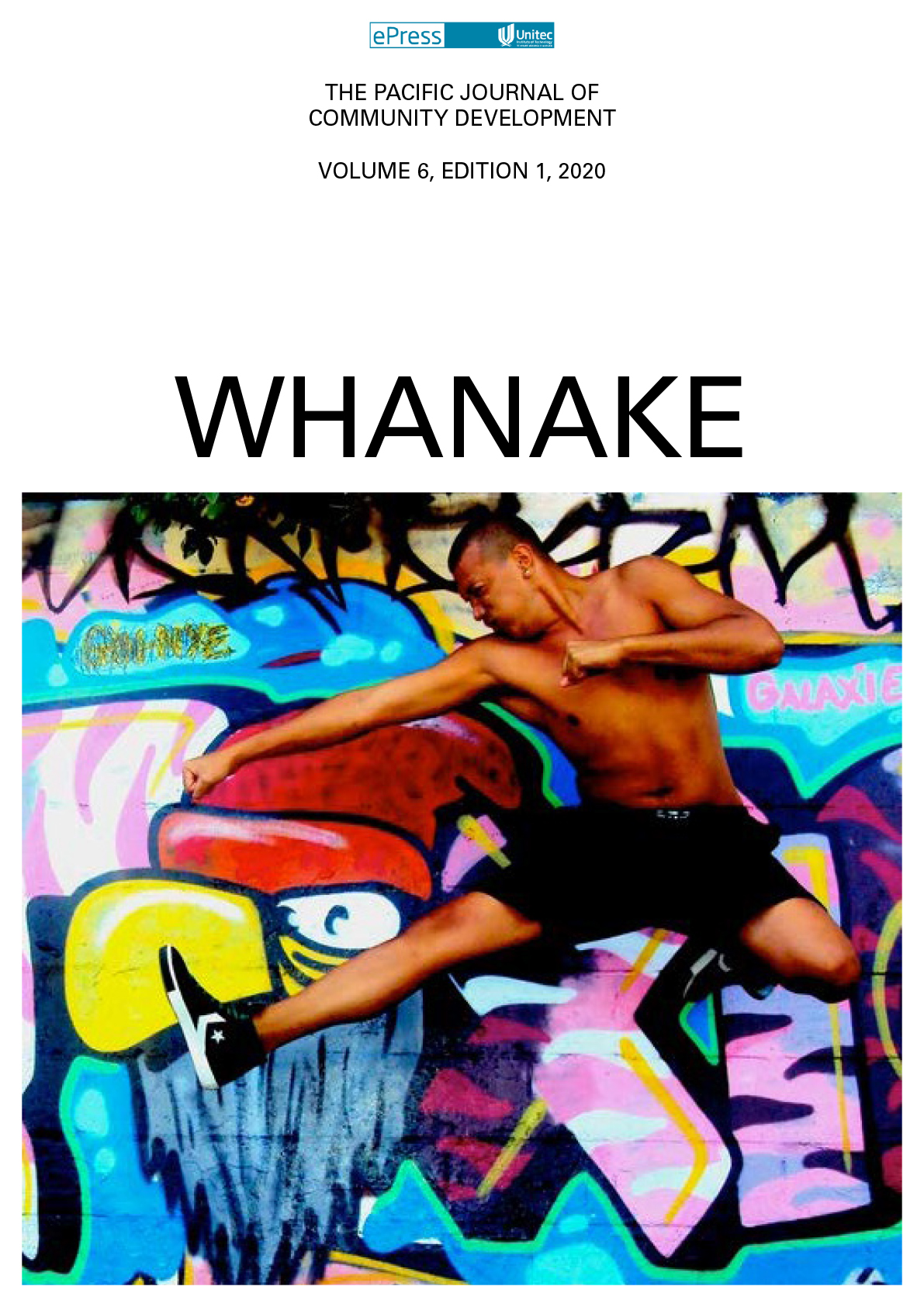Category Featured Publications
Research report for the Breaking Ground programme The Breaking Ground programme was an 18-month pilot programme to support families and parents in a mana-enhancing process while developing parenting skills and practices, focused on intensive family intervention. Practitioners worked alongside families… Continue Reading →
The COVID-19 pandemic created unprecedented challenges for tertiary education institutions worldwide. The crisis placed enormous pressure on educational institutions as they were required to pivot suddenly to teaching fully online. In New Zealand, Tertiary Education Organisations (TEOs) were forced to… Continue Reading →
Over the past decade, the impacts of technology on the construction sector have been profound. This trend presents significant challenges for construction firms in an environment characterised by skilled labor shortages and an aging workforce that tends to struggle to… Continue Reading →
Perspectives in Biosecurity is a multi-disciplinary electronic journal of research papers and other outputs covering all aspects of the field of biosecurity including, but not restricted to invasion biology and ecology, invasive species identification/diagnostics, management and eradication/control, new invasive species… Continue Reading →
Prior to 2020, Asylum was published annually by the School of Architecture at Unitec to document and promote the work of students in the Bachelor of Architecture Studies and Master of Architecture (Professional) programmes. This year, however, the school has… Continue Reading →
Prior to 2020, Asylum was published annually by the School of Architecture at Unitec to document and promote the work of students in the Bachelor of Architecture Studies and Master of Architecture (Professional) programmes. This year, however, the school has… Continue Reading →
Prior to 2020, Asylum was published annually by the School of Architecture at Unitec to document and promote the work of students in the Bachelor of Architecture Studies and Master of Architecture (Professional) programmes. This year, however, the school has… Continue Reading →
Whanake: The Pacific Journal of Community Development is a digital journal for practitioners and academics who love community development. Articles in this issue cover the topics of factors affecting student achievement in the Bachelor of Applied Social Work Programme at… Continue Reading →
